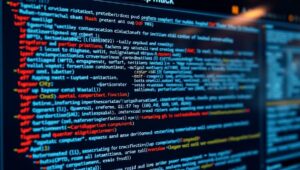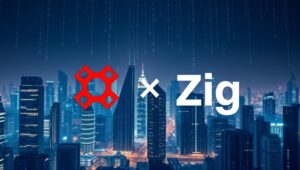May 24, 2025
Headless CMS and Decoupled Architectures in 2025
Headless CMS and Decoupled Architectures in 2025: A Forecast The digital landscape is in constant flux, and the architectures that power our web experiences are evolving just as rapidly. Headless Content Management Systems (CMS) and decoupled architectures have emerged as powerful tools for building flexible, scalable, and future-proof digital platforms. Let’s explore where these technologies are headed in 2025. Understanding the Fundamentals Before diving into the future, let’s recap the basics: Headless CMS: A backend content repository that delivers content via APIs, without a pre-defined front-end presentation layer. Decoupled Architecture: A system where the front-end (presentation layer) and back-end (content







